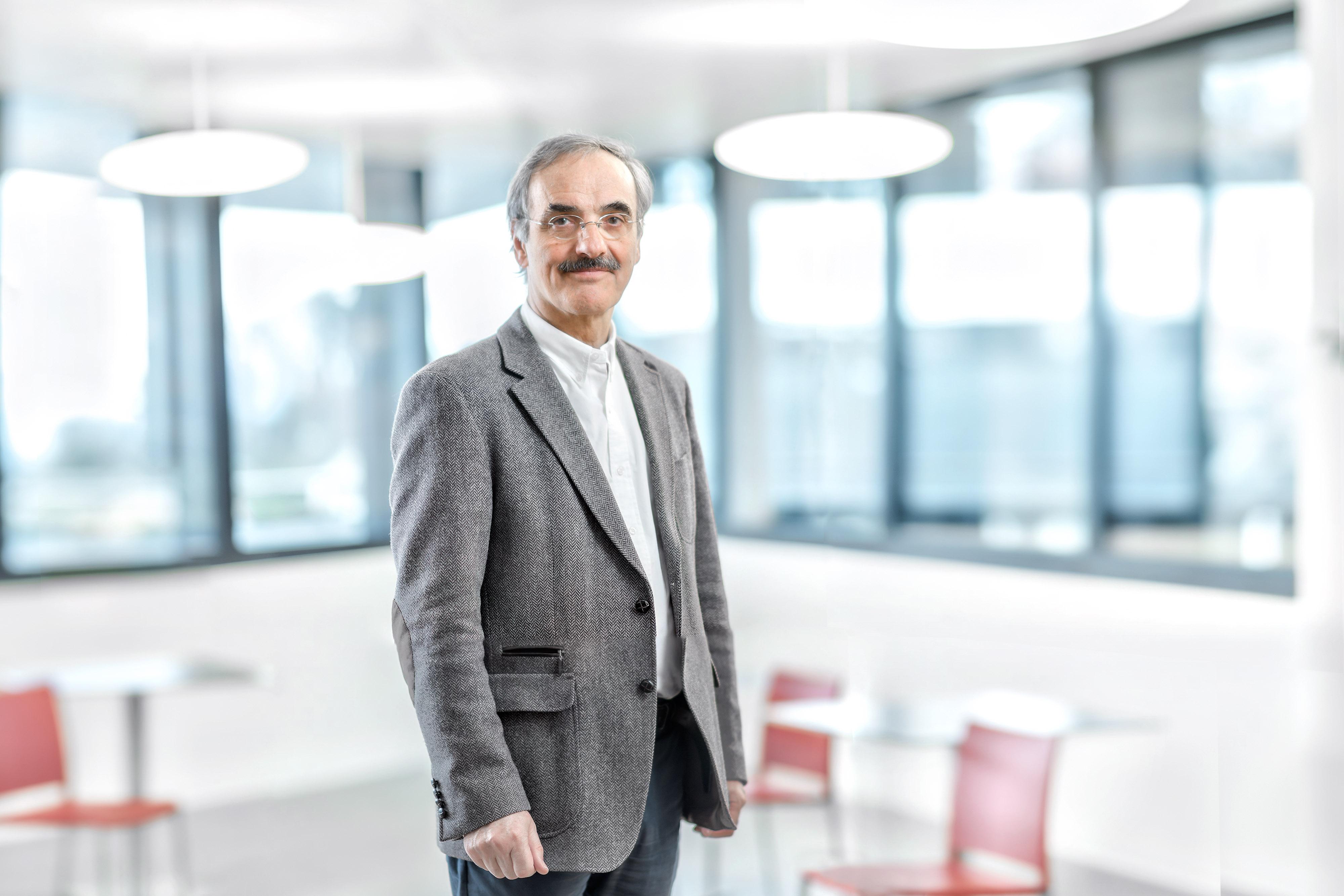"We need to develop our capacities"

It's half-time for NRP 69. As the second research phase begins, the groups that participated in the first research phase are about to publish their results. Professor Fred Paccaud, president of the Steering Committee, takes stock of what has been achieved so far.
The National Research Programme "Healthy Nutrition and Sustainable Food Production" (NRP 69) has passed the half-way mark. What lessons have you drawn from the first phase?
Fred Paccaud: We learnt that it is difficult to find research and development groups that are studying both food production and public health in Switzerland. Yet the link between nutrition and health will pose fundamental challenges in the coming decades. We need to develop our capacities accordingly. As we have excellent teams working in both areas, we can build on a solid foundation.
What do you expect the research projects of the second phase to achieve?
The second phase should lead to stronger links between the disciplines. All three approved projects are investigating the food chain as a whole - from the producer to the consumer. We need to find the means to maintain these collaborations in the long term.
The projects of the first phase are coming to an end. What are you expecting from these teams?
As members of the Steering Committee, we are looking forward to hearing about the results of the 20 research teams involved. We hope that the findings of each group will also be useful to other teams in an interaction that will benefit all sides. This should be an asset for the final report of the programme. These group interactions will also be implemented in the next Research Progress Report Meeting, an opportunity for the groups to form networks and lay the groundwork for the programme synthesis. But we will, of course, continue to count on all the research groups to play their part even after the completion of their projects.
How do the European projects Foodball and Mirdiet fit into the programme?
Although they were funded in the context of a European initiative, they are an integral part of NRP 69. They will contribute to a better understanding of the processes involved in human nutrition. At the same time, these two projects fill a research gap that has been there since the start of the programme.
